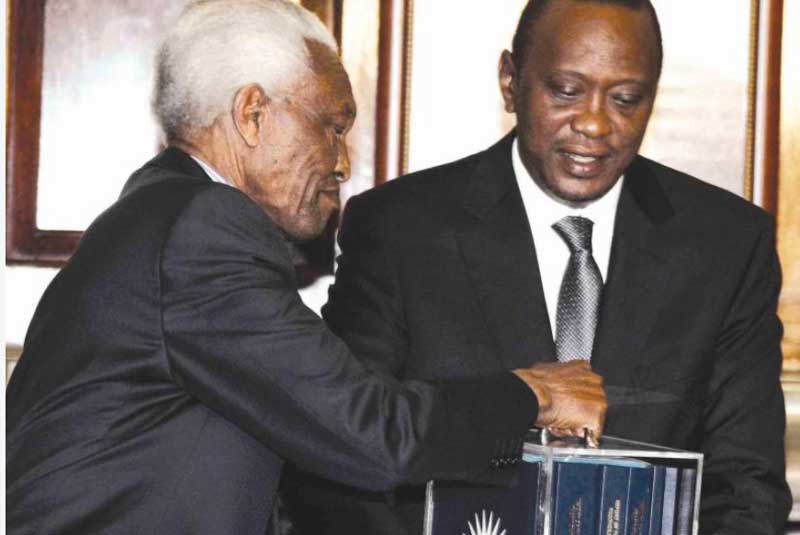×
The Standard e-Paper
Stay Informed, Even Offline

The recently published revelations on truth and reconciliation commission have brought to bearing a least-discussed financial scandal that exposed the commission so much so that an individual commissioner had to lent money to the commission.
In his book, The Kenyan TJRC: An Outsiders View from the Inside ex-Truth, Justice and Reconciliation Commission (TJRC) Commissioner Prof Ronald Slye said the parent Ministry of Justice under the late Mutula Kilonzo engaged in financial misfeasance to the detriment of the commission.